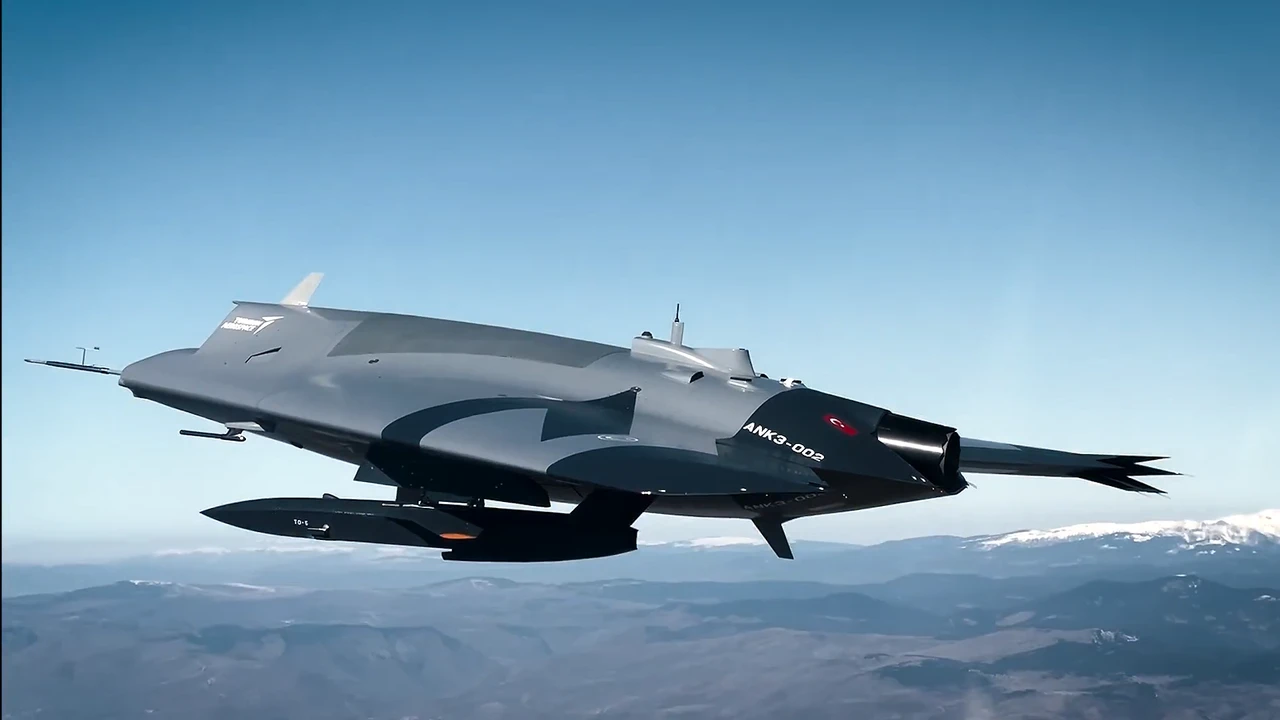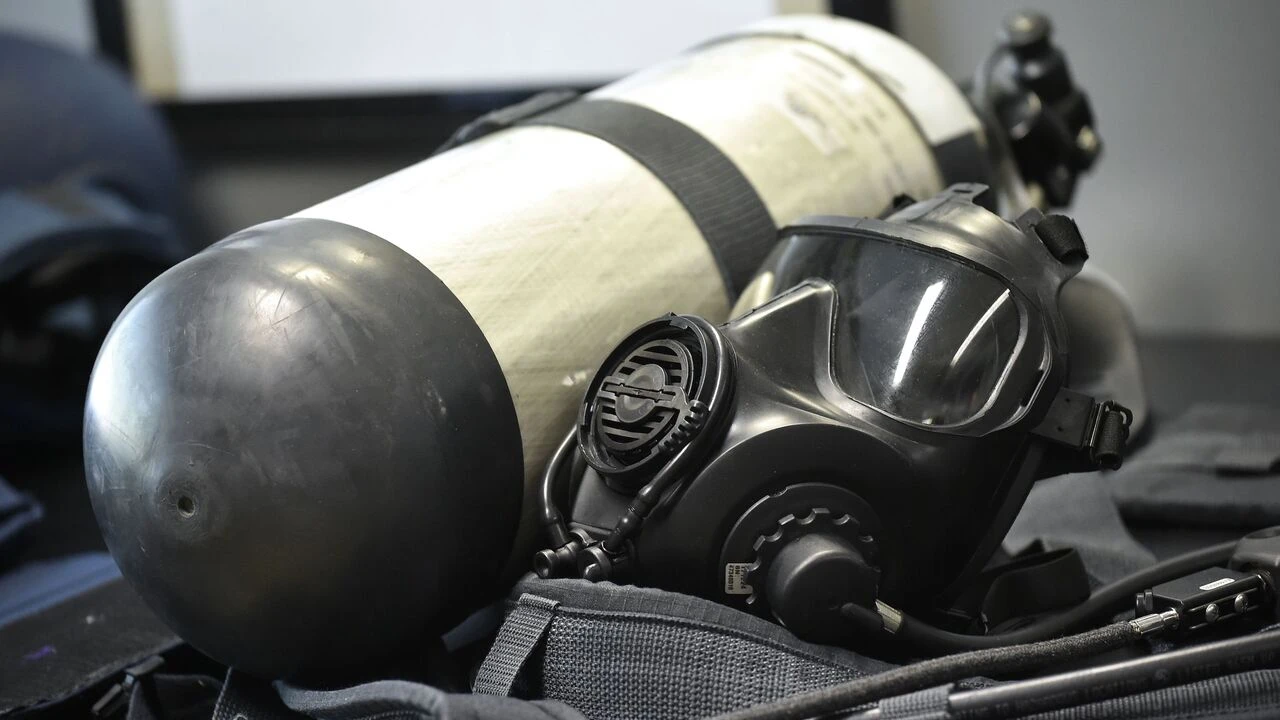Elon Musk’s Starlink under fire for aiding $4.2B drug smuggling operation
 Elon Musk’s satellite internet faces scrutiny after aiding drug smugglers. (Adobe Stock Photo)
Elon Musk’s satellite internet faces scrutiny after aiding drug smugglers. (Adobe Stock Photo)
Indian authorities have issued a legal demand to Elon Musk‘s Starlink, a satellite internet company, requesting information about the use of its device in a massive drug smuggling operation.
The case involves the seizure of $4.2 billion worth of methamphetamine, marking the largest drug bust in Indian history.
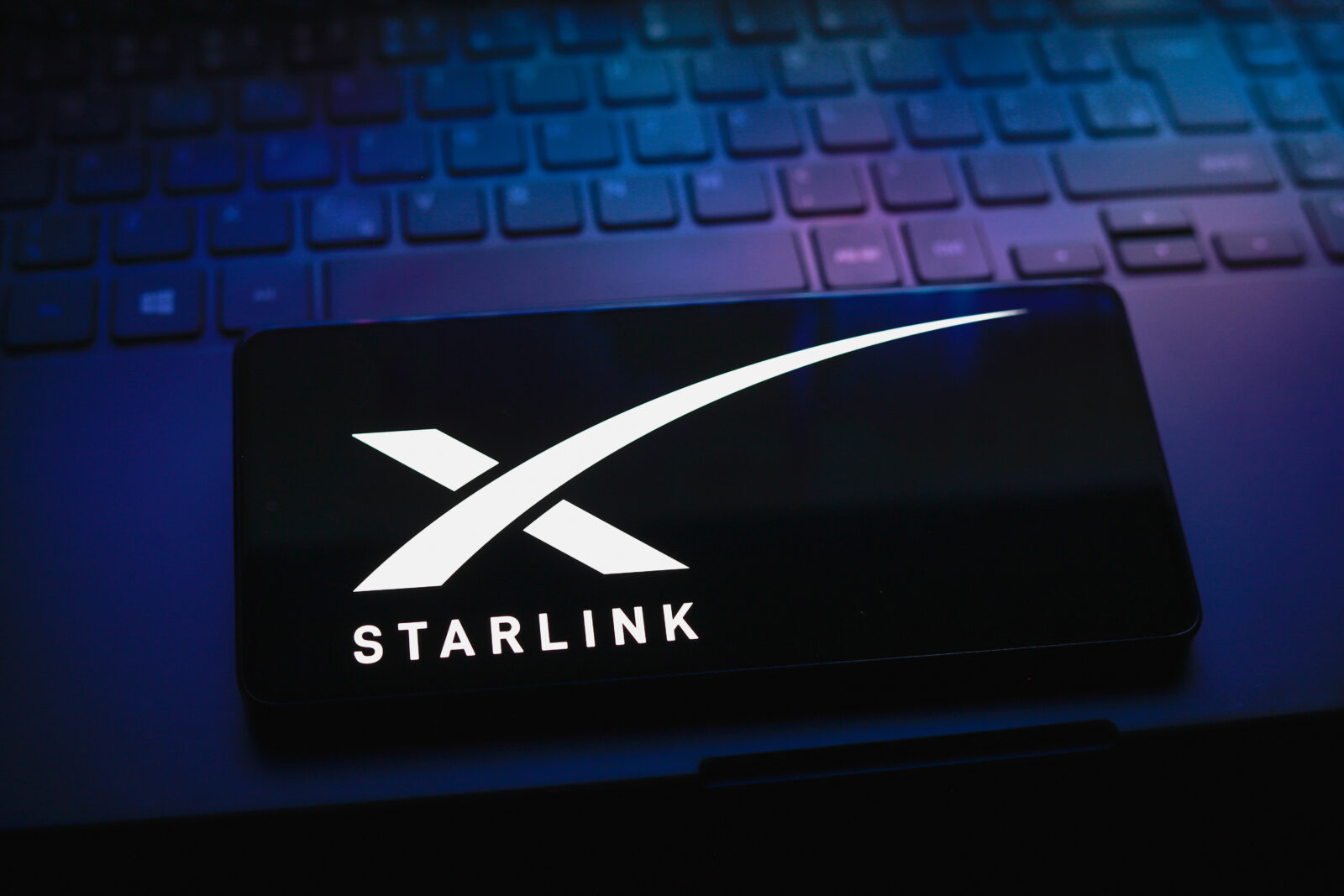
Elon Musk’s Starlink device linked to major drug smuggling operation
The investigation began in late November in the Andaman and Nicobar Islands.
- Police intercepted a Myanmar-registered boat carrying more than 6,000 kilograms (13,000 pounds) of methamphetamine
- The drugs were concealed in sacks aboard the vessel
- Alongside the contraband, authorities discovered a Starlink Mini device
- The smugglers reportedly used it to navigate international waters during their journey from Myanmar to India
This is the first known instance of Starlink’s technology being connected to a major drug smuggling operation. The incident has raised serious concerns about the potential misuse of satellite internet services for criminal activities.
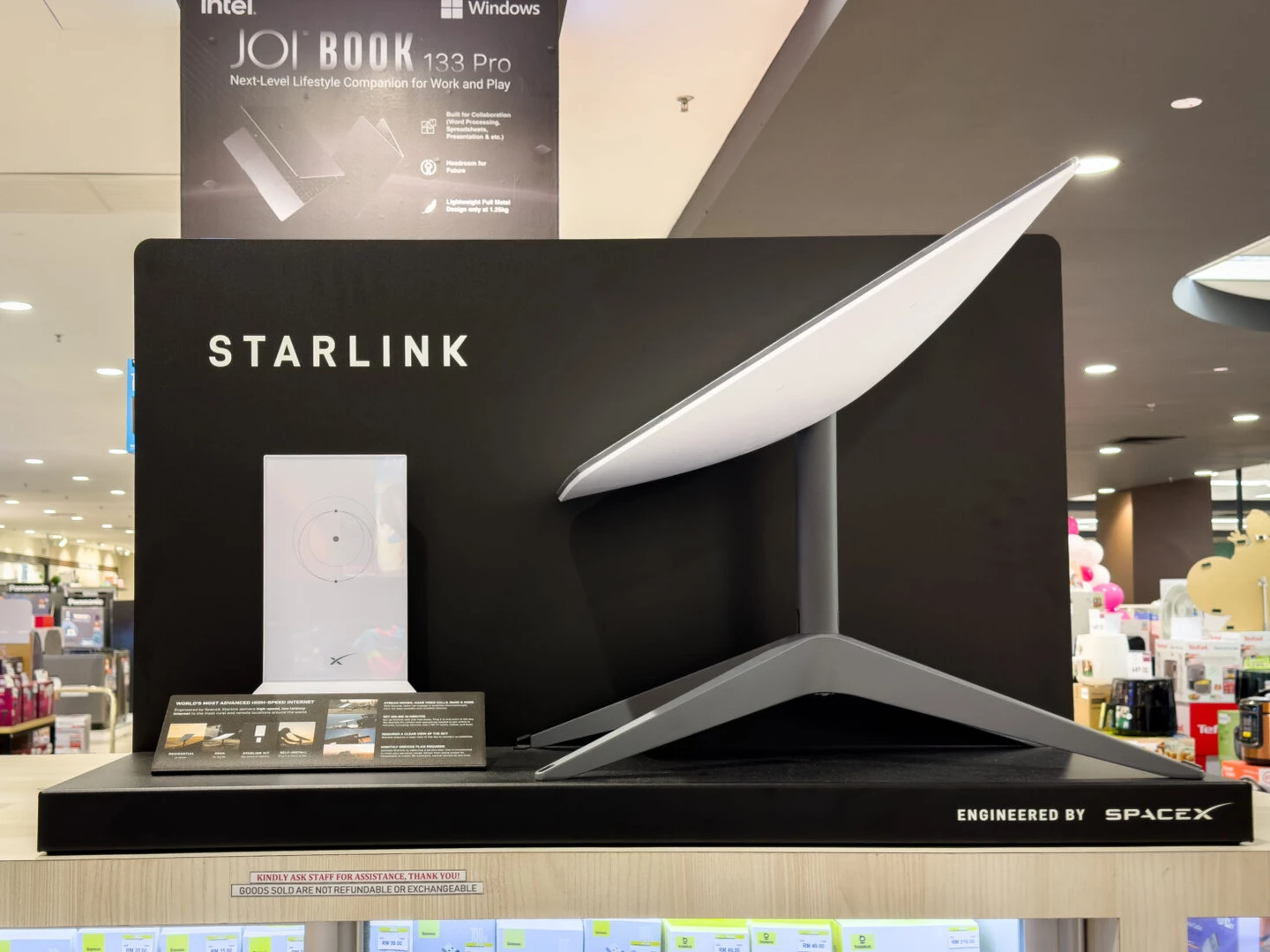
Indian authorities demand details from Starlink in drug smuggling investigation
Police have issued a formal notice under Indian law, which empowers authorities to obtain information from companies during investigations.
The notice demands details about the purchaser of the Starlink device, including their name, payment method, registration details, and the device’s usage history. Authorities have also requested the email address and phone number linked to the account.
The investigation aims to identify individuals or networks behind the smuggling operation.
Hargobinder S. Dhaliwal, a senior police officer in the Andaman and Nicobar Islands, emphasized the importance of obtaining this information to dismantle the international drug trafficking network.
This is different because it is bypassing all the legal channels.
Dhaliwal explained, referring to the use of satellite technology to establish a private Wi-Fi hotspot
Neither Elon Musk’s Starlink nor the Andaman police have responded to media inquiries about the legal demand.
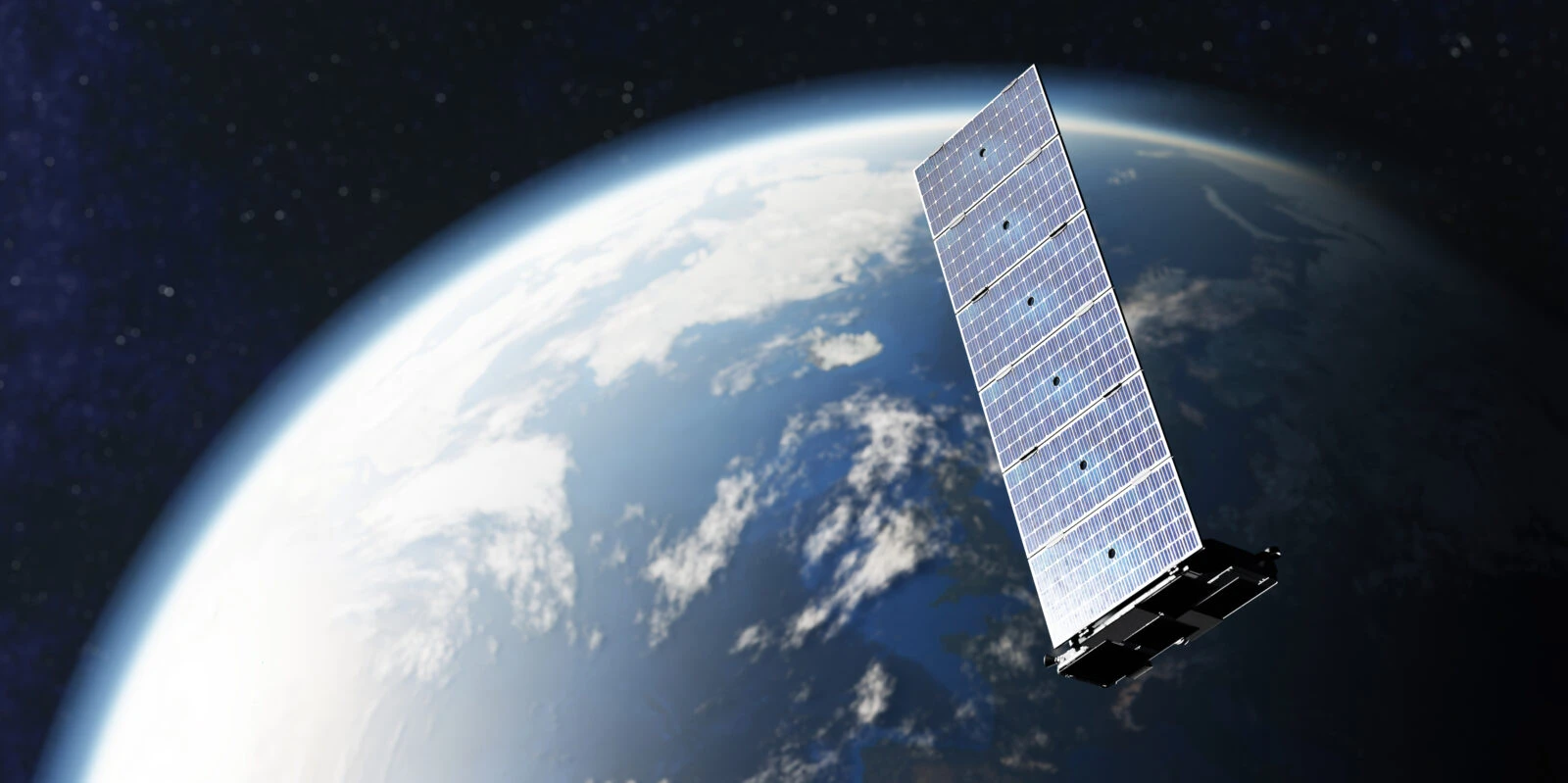
Potential impact on Starlink’s operations in India, worldwide
This investigation coincides with Starlink’s efforts to gain regulatory approval to launch its satellite broadband services in India.
- Elon Musk’s Starlink recently resolved a contentious lobbying dispute with Indian billionaire Mukesh Ambani over how satellite spectrum should be allocated
- However, concerns stemming from this case could complicate Starlink’s attempts to enter the Indian market
- Elon Musk’s Starlink has stated that its devices are designed to function in international waters and serve maritime users
- Still, the company’s terms of service require adherence to local laws in territorial waters
India, which has yet to gain full access to Starlink’s services, remains cautious about granting approval without addressing these security risks.
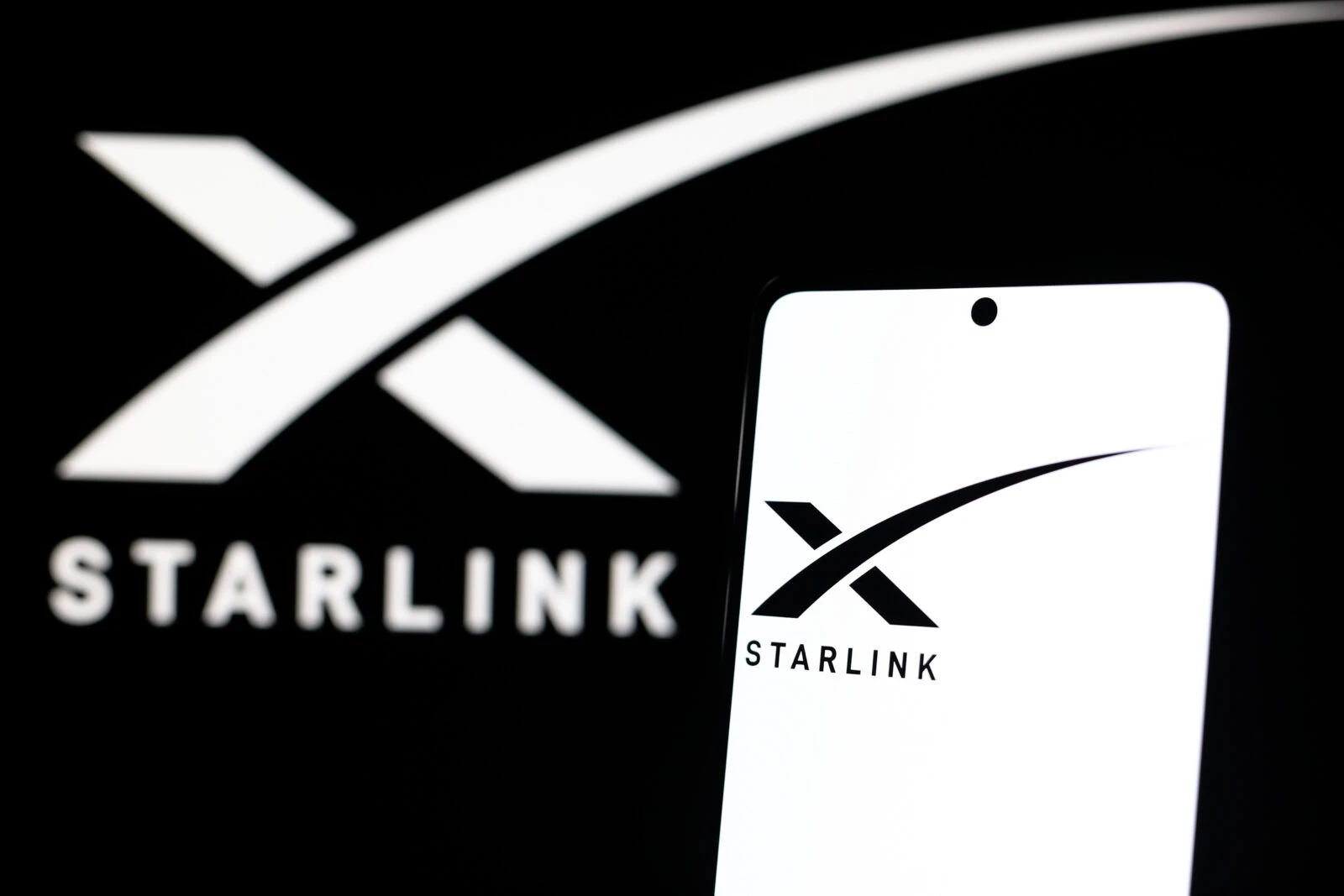
Record-breaking seizure of methamphetamine in Indian waters
The seizure of 6,000 kilograms of methamphetamine illustrates the scale of the smuggling operation. Authorities estimate the drugs’ retail market value at approximately $4.25 billion (₹360 billion). Six Myanmar nationals have been detained in connection with the bust.
This case demonstrates the growing sophistication of drug trafficking networks, which are now using advanced technologies like satellite internet to avoid detection. Indian authorities are actively working to prevent similar incidents by closely monitoring the use of such devices in sensitive regions.
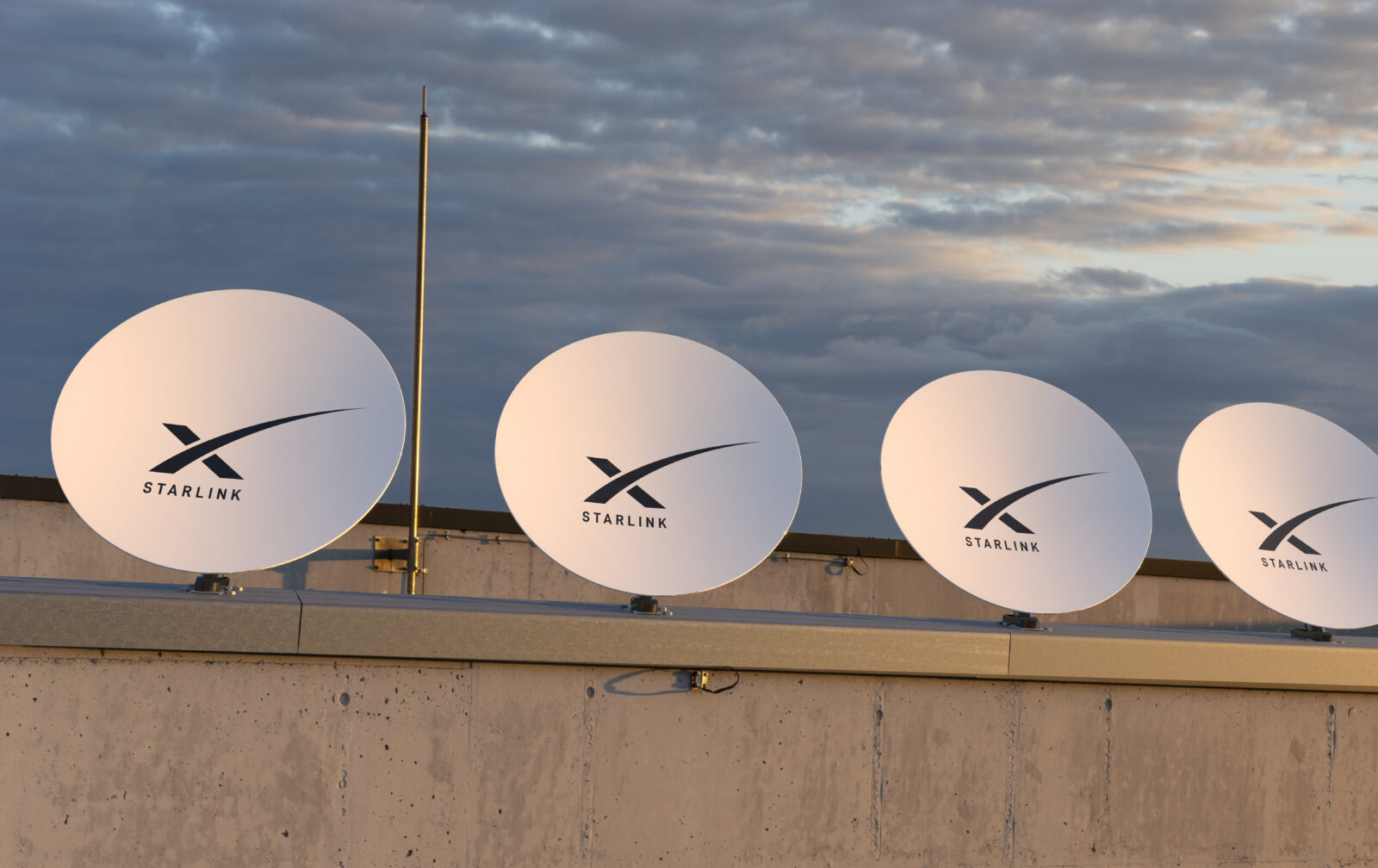
New challenges posed by advanced technologies in criminal operations
The case has raised serious concerns about the misuse of emerging technologies. Elon Musk’s Starlink’s ability to provide reliable internet access in remote and international waters makes it valuable for legitimate users, but it also introduces significant challenges for law enforcement.
The incident has drawn attention to how satellite internet services can be exploited for illegal activities, including drug smuggling and espionage.
The investigation’s findings may influence regulatory decisions regarding Starlink’s satellite broadband services in India, where regulatory approval has been a priority for the company.
For instance, Starlink’s prior lobbying battle with Reliance Jio, owned by billionaire Mukesh Ambani, demonstrates the competitive and regulatory hurdles it faces.
Globally, the case raises concerns about how Starlink’s devices have been used in situations such as wartime communication in Ukraine and now in illegal drug trafficking.
These examples emphasize the challenges Elon Musk’s Starlink faces in balancing its innovative capabilities with regulatory compliance and misuse prevention.

